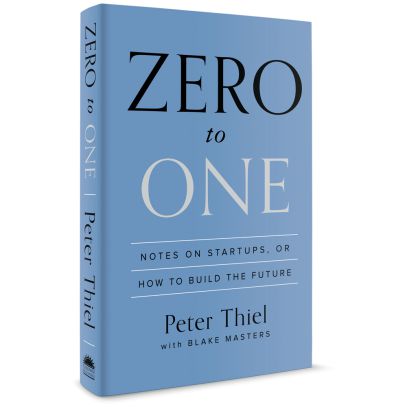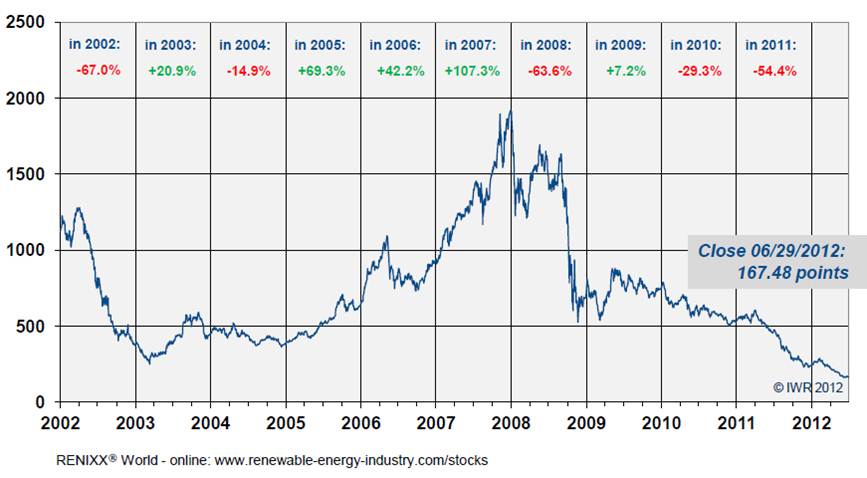I just finished Zero to One and here are a few more comments, less about entrepreneurship than about social issues. Whatever the reputation of Thiel in Silicon Valley as a possible Libertarian, there were a couple of topics he addresses very convincingly. He is not a pure Contrarian. He disagrees with mainstream fashion in a very serious manner. Here are a couple of examples:
– The machine will not replace humankind
Yes computers have made impressive progress in the recent decades, but not to the point of replacing mankind. He shows very convincingly through the cases of Paypal and Palantir [pages 144-148] that computers cannot solve automatically tough issues but are only (excellent and critical) complements to human beings. Even the Google experiment of recognizing cats “seems impressive – until you remember that an average four-year-old can do it flawlessly” [page 143]. He finishes his chapter about Man and Machine this way: “But even if strong AI is a real possibility rather than an imponderable mystery, it won’t happen anytime soon: replacement by computers is a worry for the 22nd century. Indefinite fears about the far future shouldn’t stop us from making definite plans today. Luddites claim that we shouldn’t build the computers that might replace people someday; crazed futurists argue that we should. These two positions are mutually exclusive but they are not exhaustive: there is room in between for sane people to build a vastly better world in the decades ahead. As we find new ways to use computers, they won’t just get better at the kinds of things people already do: they’ll help us to do what was previously unimaginable” [pages 150-151]. You will not be surprised I prefer this to Kurweil views.
– Greentech was a bubble and it was obvious from day 1.
I was always puzzled with greentech/cleantech. Why are people so excited about the promise to solve an important problem when we do not have any solution. Thiel is far tougher. First he shows the obvious: it was a bubble.
Then he analyzes this industry through his “zero to one” arguments.
“Most cleantech companies crashed because they neglected one or more of the seven questions that every business must answer:
– Engineering: can you create a breakthrough technology instead of incremental improvements?
– Timing: is now the right time to start your particular business?
– Monopoly: are you starting with a big share of a small market?
– People: do you have the right team?
– Distribution: do you have a way to not just create but deliver your product?
– Durability: will your market position be defensible 10 and 20 years into the future?
– Secret: have you identified a unique opportunity that others don’t see?
If you do not have answers to these questions, you’ll run into lots of “bad luck” and your business will fail. If you nail all seven, you’ll master fortune and succeed. Even getting five or six correct might work. But the striking thing about the cleantech bubble was that people were starting companies with zero good answers – and that meant hoping for a miracle” [page 154]. What’s next? Fintech?


